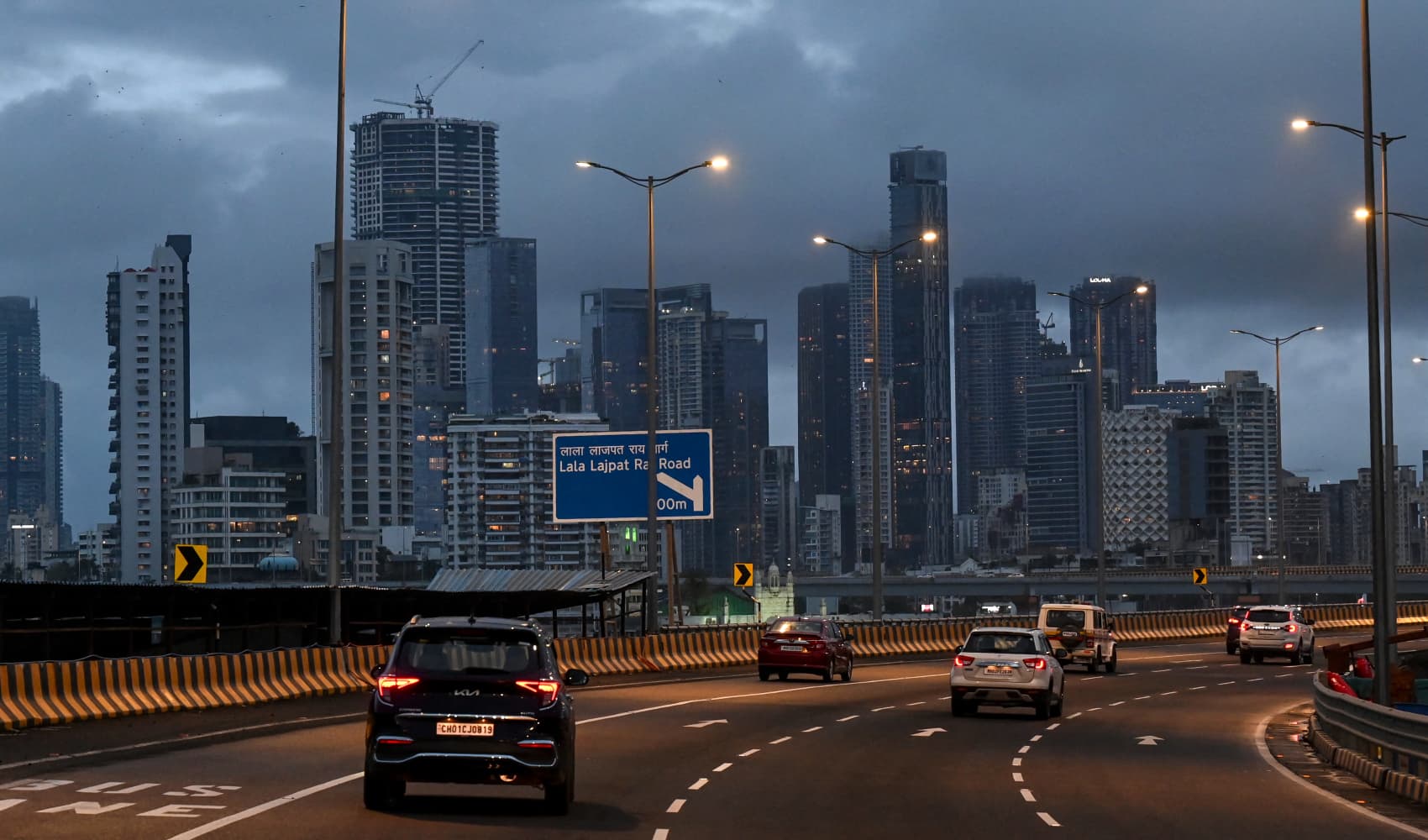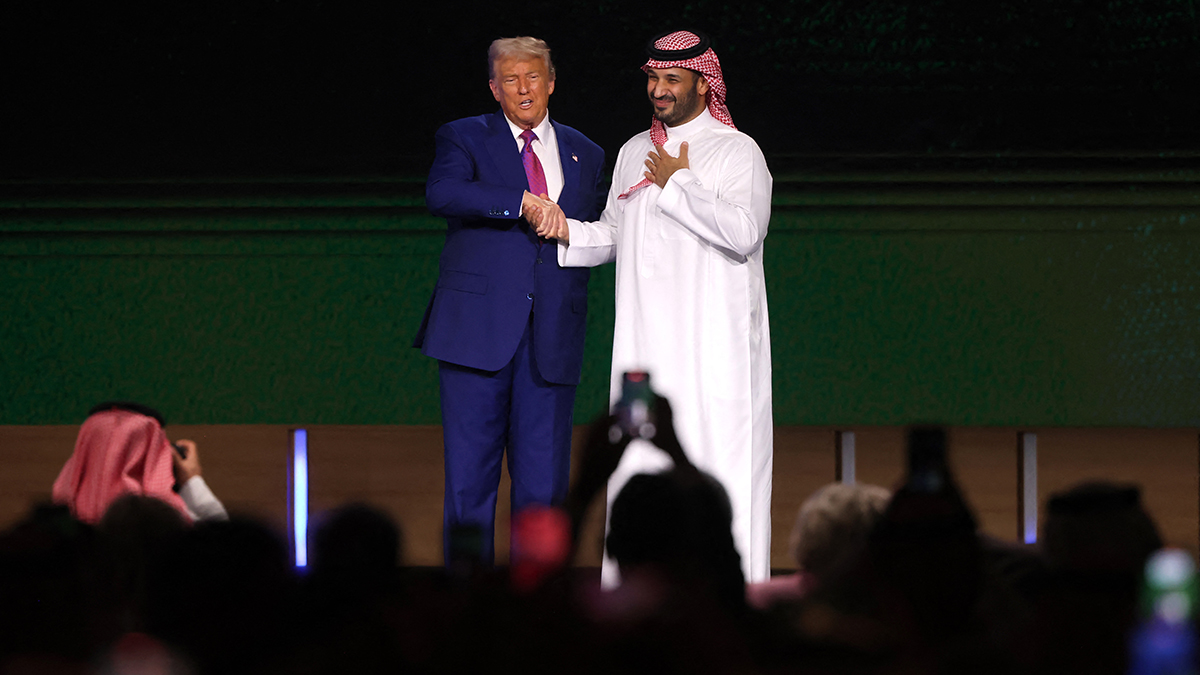India's Economy: Thriving Despite Tensions with Pakistan
India's Economic Engine Roars On: Delhi Prioritizes Growth Amidst Regional Tensions
Introduction: Staying the Course in Choppy Waters
In a world increasingly fraught with geopolitical uncertainties, it's reassuring to know that some nations remain steadfast in their commitment to economic progress. Despite the heightened tensions with Pakistan, India is keeping its eyes firmly on the prize: sustained economic growth. As Shilpak Ambule, India's high commissioner to Singapore, so eloquently put it, "everybody is on operational alert. But that does not mean that our India growth story and focus on economy gets affected." So, how is India managing to juggle national security and economic development simultaneously? Let's dive in.
Navigating a Complex Landscape: Tensions and Trade
The recent flare-up in tensions between India and Pakistan, with both nations engaging in missile and drone exchanges before reaching a ceasefire, undoubtedly raised concerns globally. But Ambule's statement offers a crucial insight: India views security and economic prosperity not as mutually exclusive, but as parallel goals. It's like a skilled driver navigating a winding road – keeping a close eye on the road ahead (economic growth) while being mindful of potential hazards (geopolitical tensions).
Trade Deals on the Horizon: A Promising Outlook
Despite the backdrop of regional tensions, India's trade aspirations remain undeterred. Ambule highlighted that negotiations on trade deals with the U.S. and the European Union are at an advanced stage. These potential agreements could act as significant catalysts for economic growth, opening new avenues for trade and investment. Think of these deals as fuel injectors boosting India's economic engine.
The "Inside India" Perspective: A Bullish Stance
Speaking on CNBC's "Inside India," Ambule reinforced the message that India is maintaining a bullish stance on its economic prospects. The fact that airports have resumed operations signals a return to normalcy and reinforces the safety and stability of the nation for both business and tourism. This suggests a commitment to ensuring a conducive environment for economic activity.
Economic Growth as a Cornerstone of National Security
Could a strong economy be a key ingredient of national security? You bet! A robust economy can bolster defense capabilities, improve infrastructure, and enhance overall societal resilience. It’s a virtuous cycle: economic strength contributes to national security, and national security provides a stable platform for continued economic growth.
India's Resilient Economy: Weathering the Storm
The Indian economy has shown remarkable resilience in the face of various challenges, from global economic downturns to domestic policy changes. This resilience stems from a diverse economic base, a large domestic market, and a growing entrepreneurial spirit. It's like a sturdy oak tree, its roots deeply embedded in the soil, able to withstand even the fiercest storms.
Manufacturing Push: "Make in India" Initiative
A cornerstone of India’s economic strategy is the “Make in India” initiative, aimed at transforming the country into a global manufacturing hub. This initiative seeks to attract foreign investment, boost domestic production, and create employment opportunities. It’s a concerted effort to move up the value chain and become a significant player in global manufacturing.
Digital India: Powering Economic Transformation
Another key pillar of India's economic strategy is "Digital India." It leverages technology to improve governance, deliver public services, and promote financial inclusion. This initiative is transforming India into a digitally empowered society and a knowledge-based economy. Think of it as laying the digital infrastructure for future economic growth.
Infrastructure Development: Building a Solid Foundation
India is investing heavily in infrastructure development, including roads, railways, ports, and airports. These investments are essential for improving connectivity, facilitating trade, and boosting economic activity. It’s like building a strong foundation for future prosperity.
The Role of Foreign Direct Investment (FDI)
Foreign Direct Investment (FDI) plays a crucial role in India’s economic growth. FDI brings in capital, technology, and expertise, which can help to boost productivity and competitiveness. India has been actively working to attract FDI by simplifying regulations and improving the investment climate.
Reforms and Policy Initiatives: Paving the Way for Growth
The Indian government has been implementing a series of reforms and policy initiatives aimed at improving the ease of doing business, attracting investment, and promoting economic growth. These reforms include simplifying tax laws, streamlining regulations, and promoting entrepreneurship.
GST: A Game Changer
The Goods and Services Tax (GST) is a significant tax reform that has streamlined the indirect tax system and created a unified national market. GST has reduced transaction costs, improved efficiency, and boosted tax revenues.
The Service Sector: A Key Driver of Growth
India's service sector is a major driver of economic growth, contributing significantly to GDP and employment. The service sector includes IT, finance, healthcare, education, and tourism. India has a competitive advantage in the service sector due to its skilled workforce and relatively low labor costs.
IT and Outsourcing
India's IT and outsourcing industry is a global leader, providing services to companies around the world. This industry has been a major source of foreign exchange earnings and employment.
The Agricultural Sector: Ensuring Food Security
While India's economy is increasingly driven by the service and industrial sectors, agriculture remains a vital part of the economy, employing a large proportion of the population. Ensuring food security and improving agricultural productivity are key priorities for the government.
Challenges and Opportunities: A Balanced Perspective
While India's economic outlook is generally positive, there are also challenges that need to be addressed. These challenges include poverty, inequality, unemployment, and environmental degradation. Addressing these challenges will require sustained efforts and innovative solutions. But with strong leadership and a clear vision, India can overcome these obstacles and achieve its economic potential.
Conclusion: India's Commitment to Economic Progress
Shilpak Ambule's statement underscores India's unwavering commitment to economic progress, even amidst regional tensions. The nation is actively pursuing trade deals, investing in infrastructure, and implementing reforms to create a conducive environment for growth. With a resilient economy, a diverse economic base, and a growing entrepreneurial spirit, India is well-positioned to achieve its economic aspirations. As India strides forward, it is crucial to acknowledge its adept balancing act between fortifying national security and fueling economic prosperity.
Frequently Asked Questions
Q1: How does India plan to balance national security concerns with its economic goals?
A: India views security and economic prosperity as parallel goals. A strong economy bolsters defense capabilities and enhances overall societal resilience, while a stable security environment provides a platform for continued economic growth.
Q2: What are the key areas of focus for India's economic growth?
A: Key areas include manufacturing (through the "Make in India" initiative), digitalization (through "Digital India"), infrastructure development, and attracting foreign direct investment.
Q3: What role do trade deals play in India's economic strategy?
A: Trade deals with countries like the U.S. and the EU are seen as significant catalysts for economic growth, opening new avenues for trade and investment, and boosting India's economic engine.
Q4: What are some of the major reforms undertaken by the Indian government to promote economic growth?
A: Reforms include simplifying tax laws (like the Goods and Services Tax - GST), streamlining regulations, and promoting entrepreneurship to improve the ease of doing business and attract investment.
Q5: How does India's service sector contribute to its economic growth?
A: India's service sector, including IT, finance, healthcare, education, and tourism, is a major driver of economic growth, contributing significantly to GDP and employment due to its skilled workforce and competitive labor costs.

